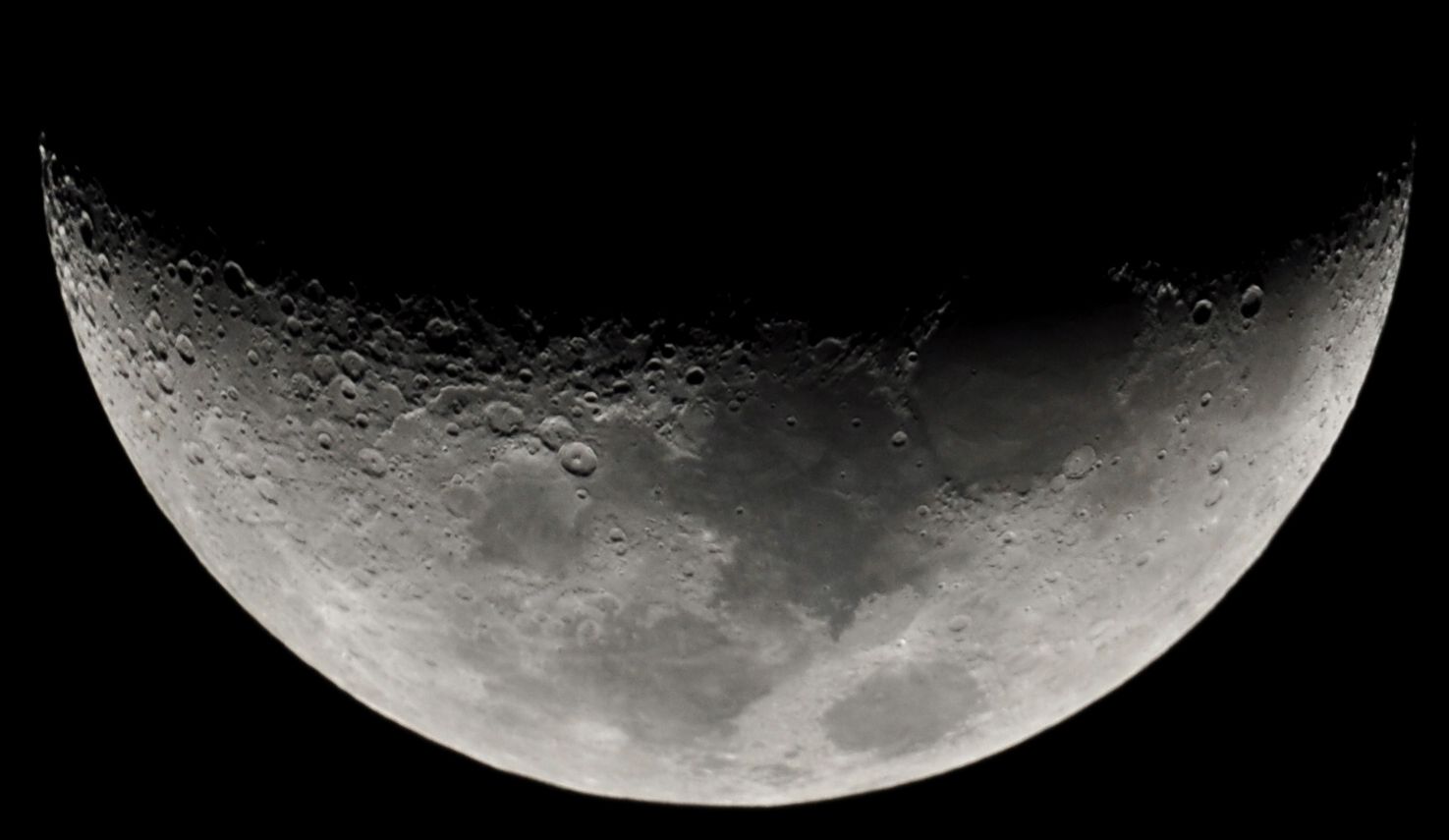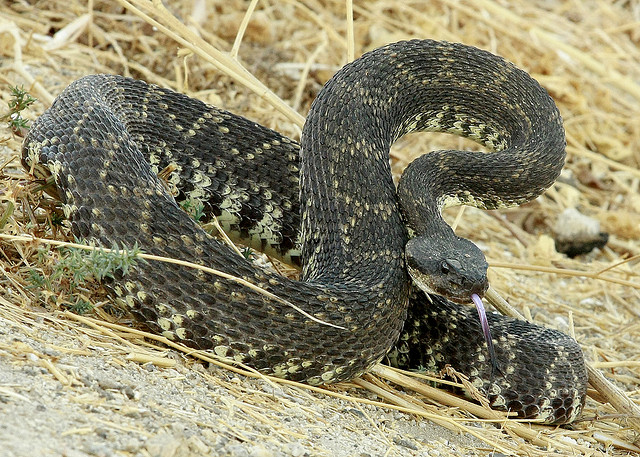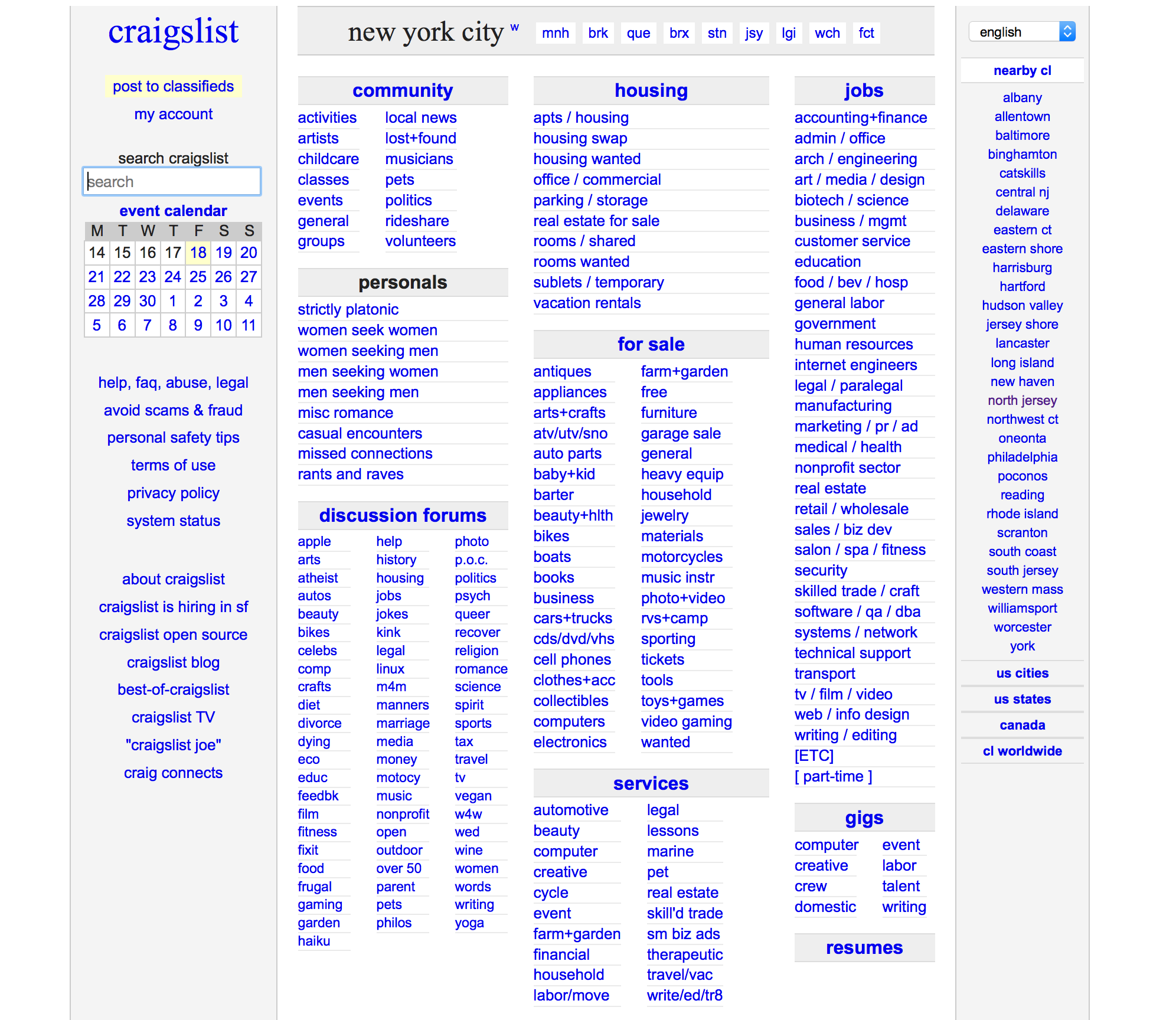Kara Oakleaf
The astronauts’ baseball league is forever losing balls to low orbit. A line drive sails over the right fielder’s outstretched glove; a pop-up foul arcs backwards and never drops, and the game pauses as someone retrieves another ball from a storage compartment inside the shuttle.
The moon’s moons, the astronauts joke as the balls fly over the outfield and off into the space-dark sky. Just as the ancients named the planets and stars, the astronauts choose a name for each baseball that flies out of reach. Because they’ve seen no sign of gods up here, the astronauts use the names of the wives and children they’ve been missing all these long months: Carla. Miles. Aubrey. Elena. Noah. All satellites, circling.
The shortstop listens to the names come through his earpiece, surrounded by static that reminds him of the real baseball games of his childhood, coming through the AM radio while he lay at the foot of his father’s easy chair, or the broken voice of an announcer cutting across the field in his little league games.
He smiles with the other astronauts as they name their fist-sized moons, these men who don’t hesitate when it’s their turn to pick a name, these men who have someone they love enough to make immortal.
When the games end, he dreams of a single face as he sleeps in his bunk in the shuttle, his ankles and wrists strapped down to steady him.
The astronauts have been here a full season, mapping the terrain, digging into the rocks, and spreading out for a game when their day of work is done. They’ve grown used to the limitations of a game without gravity, the way their helmets cut off their peripheral vision in the outfield. They circle the bases slowly, the action slowed to the speed of a replay. There’s no sandy diamond cut into the chalk-white rock surface of the moon, no outfield trimmed in alternating bands of green, three-quarter inch grass. Spacesuits with no pinstripes or logos, save the NASA patches and American flags stitched on like boy scout badges. No halogen lamps stories above their heads dropping light to the field, just a half-Earth in the background, blue and white and swirling as a cat’s eye marble against the black sky, and the shortstop marvels at how it seems to give off its own light.
Lately, he’s stopped seeing her face at night and dreams only of their corner of the moon, of their baseball field and the feeling of his body, light as a child, crouching into its stance in the infield. The earth is somehow too far to reach him.
The shortstop is not much of a hitter himself, but one day late in the season he slugs one deep and it’s gone, above the head of the center fielder, and everyone is groaning in the static and the third baseman wanders off to find a replacement.
Before he circles the bases, the shortstop watches the ball disappear and whispers a name into the glass frame of his helmet.
As he rounds first, the shortstop watches the graceful way the men move as they shift in their places on the field, how they’re almost waltzing. This is what he loved in the first days of the astronauts’ baseball league, the unboundness of it all.
Back home, there was too much holding him to the world, where he wandered his apartment in the night, drawn to something she’d left behind: a tin of mint tea in the pantry, the silver back of an earring fallen behind the nightstand, three bright drops of nail polish staining the bathroom floor in perfect circles like miniature pieces of fruit. In the mornings, he woke to find himself rolled to her side of the bed. He’s still susceptible to her gravity, gently drifting toward the empty space she used to fill, and now he relishes the lightness of the moon, where he can’t feel her drawing him in any direction.
But in the final week of the mission, he watches from the sidelines as the pitcher releases what should be a perfect curveball, and this space can’t hold it. It veers off course before the catcher drops his mitt to the ground to grab it. The shortstop catches himself thinking of baseball back home, on the sand and grass, the gunshot crack of the bat meeting the pitch at 100 miles per hour, the sharp whip of a practice swing that creates a thin slice of wind. The hard thwacks of the ball hitting your glove and the particular shade of green that stains your elbows when you dive to the ground to catch a fly ball that is almost out of reach. He wants to feel it again, how fast the ground comes up to meet you on a dive or a slide into first base, the sandy dirt and grass streaked on a uniform. In the midst of his beautiful weightlessness, he’s starting to miss how the earth pulls you close, the feeling of a land that sticks to him.
In the last nights of the mission, the shortstop dreams not of baseball on the moon or of his own weightlessness, but of black holes, a heavy darkness that fascinated him as a child. A piece of the sky where everything collapses and takes the light with it, off to some invisible place a universe away, where maybe something else is shining.
Now, an outfielder chases down a line drive to end the game, and as the astronauts gather at the edge of the field, the shortstop watches the blackened horizon for a white leather moon with thick red stitches that carries her name. He thinks of how it will keep circling, and that a little while from now, it will pass over this bare patch of moon that once held a baseball diamond, and he is the one who will be gone.
Kara Oakleaf received her MFA from George Mason University, where she currently teaches and manages the Fall for the Book literary festival. Her stories, interviews, and reviews have appeared or are forthcoming from the Tahoma Literary Review, SmokeLong Quarterly, Nimrod, and the Washington Independent Review of Books. Follow her on Twitter @karaoakleaf.




